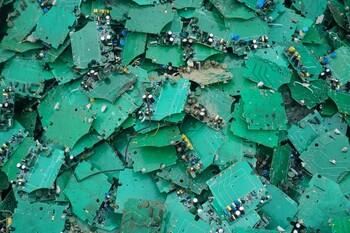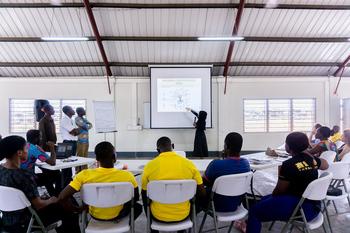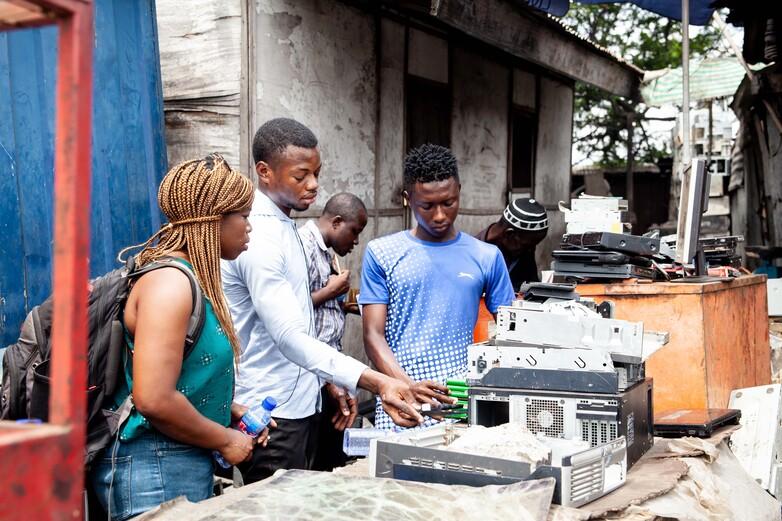Approach
The project focuses on three areas of action:
It advises the Ghanaian Ministry of the Environment and Environmental Protection Agency on how to set up and finance an effective e-waste management system. This requires regular dialogue with the recycling industry and with stakeholders in the informal e-waste industry. The project also develops the capacities of local authorities to implement statutory requirements and therefore handle electronic waste better.
To represent the interests of the private sector, the project supports recycling companies in developing and implementing innovative and financially viable products and services. Through consulting and training, the companies’ technical and entrepreneurial knowledge are developed. The project also promotes partnerships between formal and informal companies.
The project provides support to turn unregistered waste disposal sites into environmentally sound recycling centres and integrate the informal sector into the national e-waste management system. It works with associations for the informal recycling industry throughout the country and provides mobile training to workers in waste disposal sites. The project supports women’s associations, in particular.



